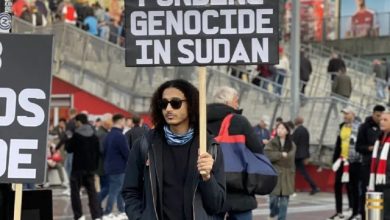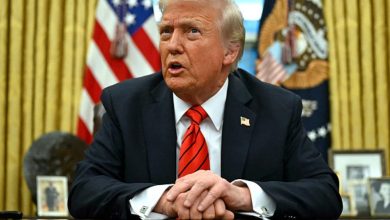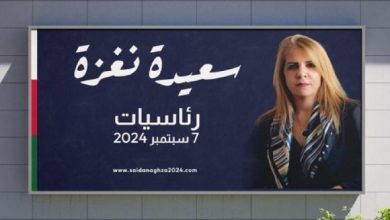Egypt’s Parliamentary Elections: Regime-Controlled Vote or Genuine Competition?
As Egypt prepares for parliamentary elections, ruling parties tighten control while opposition groups seek an independent path amid a restrictive political landscape.
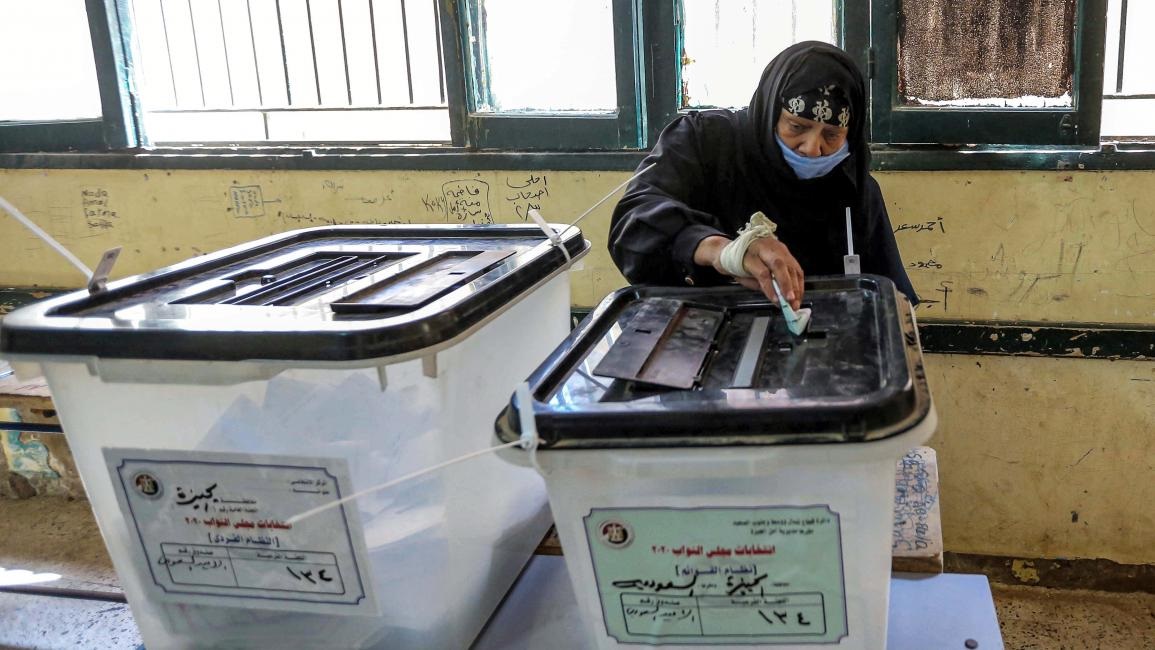
Watan-Egyptian political parties are gearing up for the country’s upcoming parliamentary elections, expected to take place at the end of this year. The Mostaqbal Watan (Future of the Nation) Party—overseen by the National Security Agency—remains the most organized and capable of fielding candidates, despite the rise of the newly established pro-government National Front Party, which falls under the supervision of military intelligence and is closely linked to businessman Ibrahim Al-Argani. The last parliamentary elections were held in two rounds in October and November 2020, while Senate elections took place in August 2020.
Despite some tensions between members of Mostaqbal Watan and the National Front in various governorates, there is a clear trend toward coordination between the two parties to form a unified electoral alliance, including joint lists and individual candidates. This arrangement aims to ensure full control over the legislature while maintaining an appearance of political plurality by incorporating select opposition-aligned parties.
Available information suggests that Mostaqbal Watan and Al-Shaab Al-Gomhouri (Republican People’s Party), both overseen by national security, are positioned to secure nearly half of the seats in both the House of Representatives and the Senate. The remaining seats will be distributed among allied parties, which are expected to win between 5% and 10% of the total.
The government is facing significant criticism for managing the political and electoral process in the same manner as previous elections—engineering electoral alliances to maintain a firm grip on parliament. Despite the country’s tense political climate and the need for genuine public support, particularly in light of U.S. plans to relocate some of Gaza’s population to Egypt, the regime remains committed to securing a parliamentary majority by any means rather than allowing competitive elections.
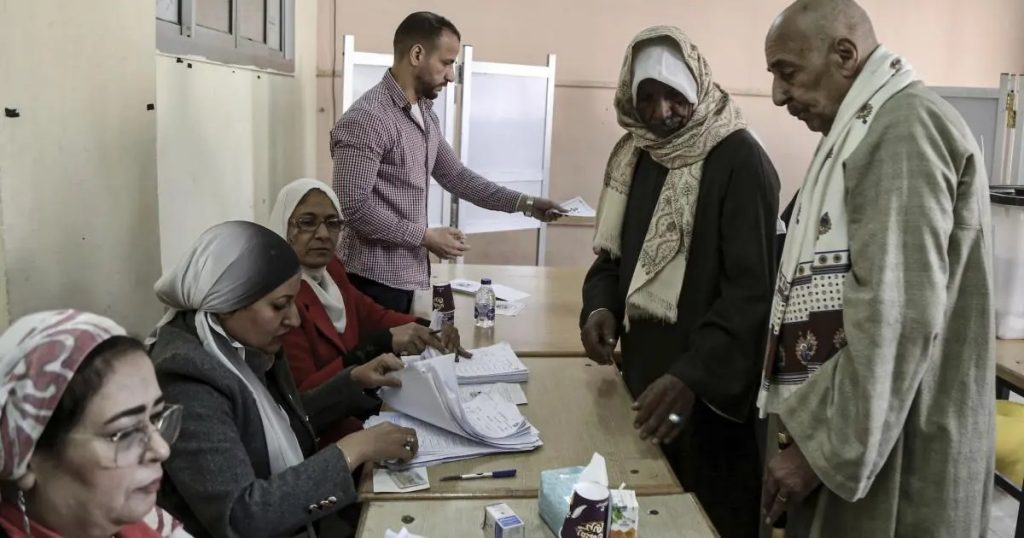
Civil Opposition Alliances
Some parties from within the Civil Movement, such as the Egyptian Social Democratic Party, plan to join Mostaqbal Watan and the Republican People’s Party in the upcoming elections, despite the movement’s initial stance against electoral alliances with the regime. Additionally, the National Front is expected to join this coalition, further consolidating the security apparatus’s control over the electoral landscape.
Meanwhile, despite the government’s dominance over election preparations, the Civil Movement has declared its intention to form an independent electoral alliance, distancing itself from state-controlled parties. According to movement sources, Akmal Kortam, leader of the Conservative Party, is set to finance this initiative, aiming to present a viable political alternative capable of challenging the state-backed lists.
Alaa Al-Khayam, coordinator of the Hope Current and member of the Civil Democratic Movement, emphasized that the movement remains steadfast in its refusal to align with ruling parties in any form. He noted that if the movement successfully organizes its political alliance, its most likely electoral strategy would be contesting individual seats, as the state effectively blocks opposition parties from competing on closed electoral lists.
Al-Khayam does not anticipate any changes to electoral laws, asserting that elections will be conducted as they were previously. He speculates that the only possible modification might be an increase in parliamentary seats to reflect population growth. He emphasized that the government will continue using the closed-list system and individual seat allocation at a 50% ratio, arguing that the current political climate does not allow for reforms or concessions to opposition demands raised during the National Dialogue.
Regarding the newly established National Front Party, Al-Khayam believes it will not significantly alter the political landscape, as it is aligned with the ruling bloc. He expects Mostaqbal Watan to remain the government’s primary party due to its established role, while the National Front—still in its formative stage—will likely integrate into the pro-government alliance rather than compete with it. He also anticipates that some opposition-aligned parties, such as the Egyptian Social Democratic Party, Justice Party, Reform and Development Party, and possibly the Tagammu and Wafd parties, may join the state-backed lists, as seen in past elections.
Al-Khayam concluded that elections will unfold according to the government’s design, arguing that despite opposition efforts during the National Dialogue and beyond, the opposition lacks the influence necessary to impose its political agenda. He pointed to the absence of strong, charismatic leaders within the opposition who could drive meaningful political change. Even if opposition groups were granted limited participation in proportional representation lists, he believes this would not result in substantial change. “Unfortunately, I don’t believe we are facing real elections—rather, we will see a replica of the previous parliament, unrepresentative of the people and fully loyal to the regime and the president.”
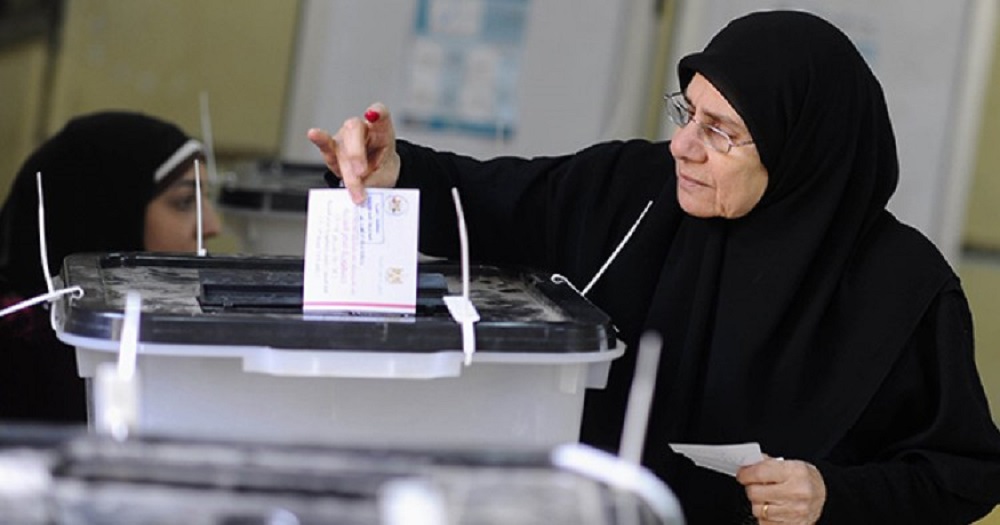
Uncertainty Over Electoral Laws
Meanwhile, Mohamed Anwar El-Sadat, leader of the Reform and Development Party and a member of the Civil Democratic Movement, stated that the movement is still preparing for elections through internal discussions and meetings with independent candidates. He emphasized that no final decisions regarding electoral alliances can be made until the government announces the electoral law and district divisions.
El-Sadat dismissed rumors about an electoral alliance with state-affiliated parties, labeling them premature and unfounded. He stressed that the opposition is awaiting the release of the election law and constituency divisions before making any concrete decisions. While acknowledging that speculation is expected with the emergence of new parties, he maintained that final decisions would only be made once the political landscape becomes clearer.

